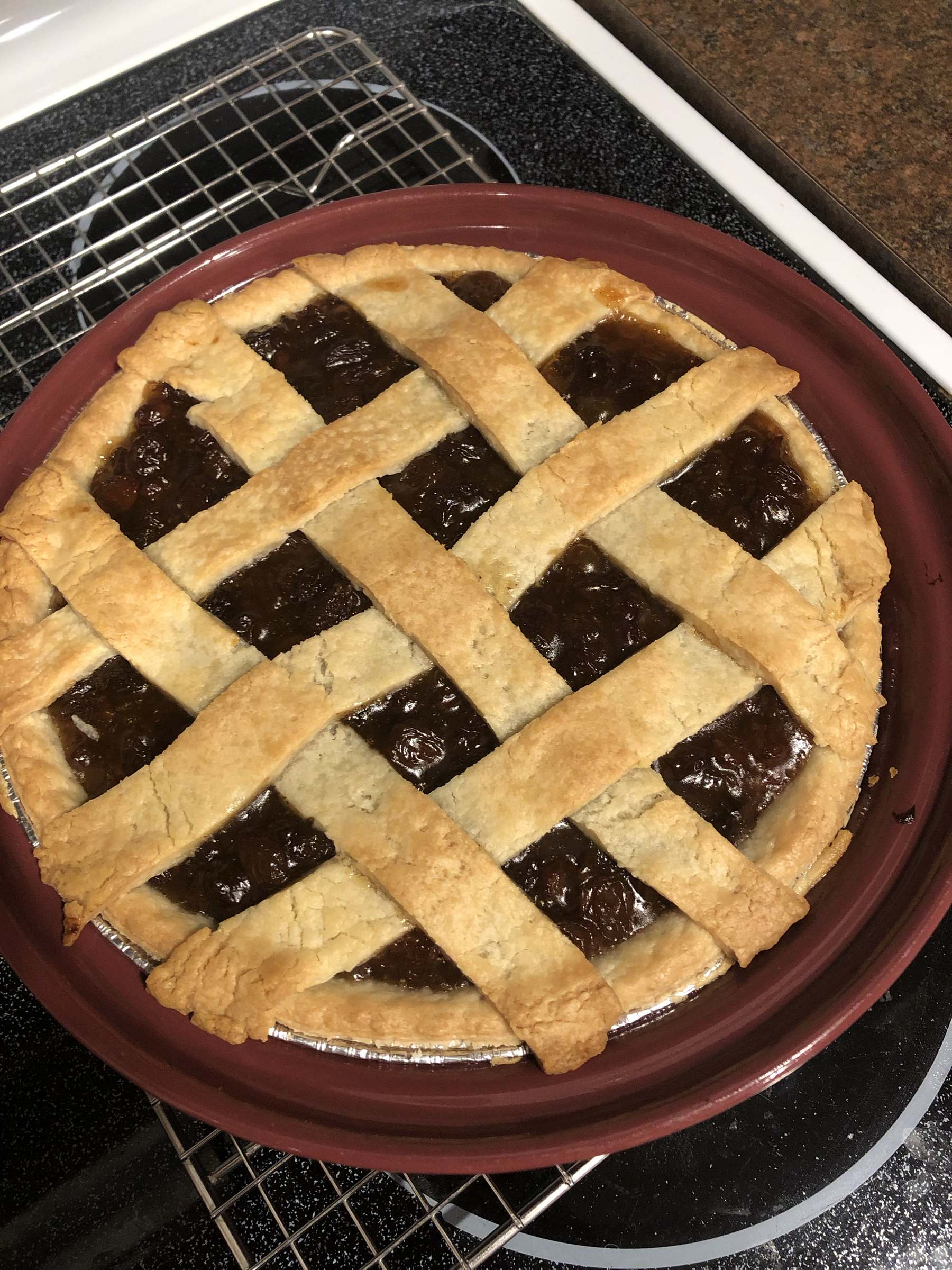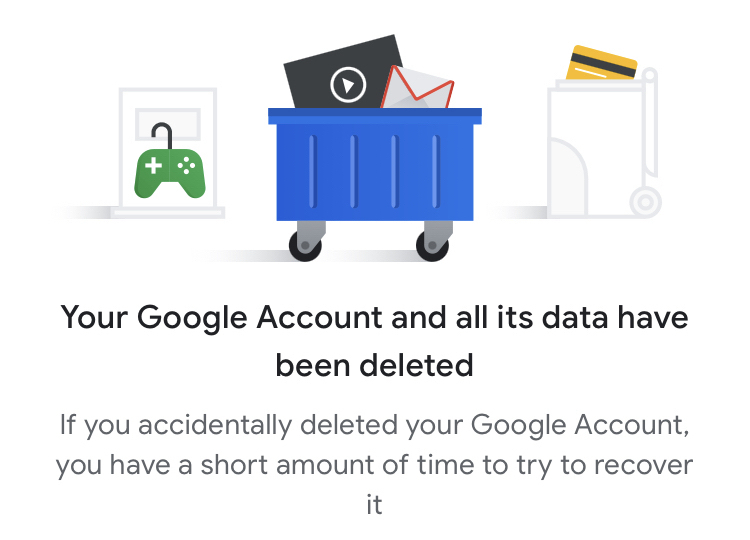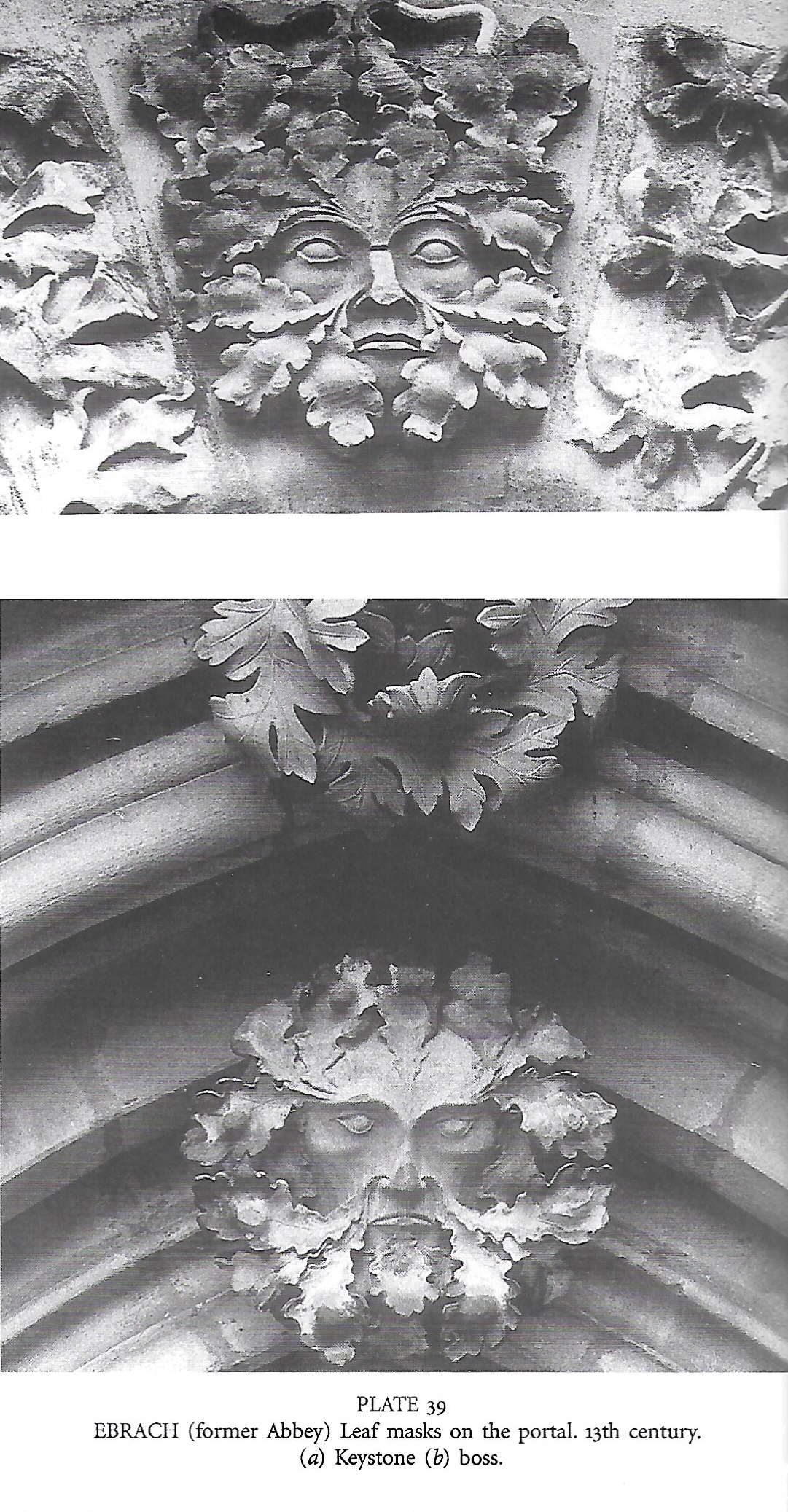Alan Moore:
I worship a second century human headed snake god called Glycon, who was exposed as a ventriloquist’s dummy nearly 2000 years ago.
Alan Moore:
I worship a second century human headed snake god called Glycon, who was exposed as a ventriloquist’s dummy nearly 2000 years ago.
I baked a Pennsylvania Dutch funeral pie. Definitely has a mincemeat vibe.

Done!

Just as earlier writers would cite scripture to prove their arguments, modern writers cite science. And there’s nothing necessarily wrong with that. Science often makes claims that intersect in intriguing ways with religion. Nevertheless, I am suspicious of supporting religious claims with scientific findings—and not for the usual reasons given by those influenced by the New Atheists, i.e., science is “true” and religion is “false” or, at best, pre-scientific attempts to explain the world.
Charles Eisenstein: Today I saw a monarch butterfly. It was the only one I have seen this summer, and I am sad. I have been preserving all the milkweed that has been coming up as a weed in my gardens. An insignificant gesture, but for me it is a little prayer. I’ve loved these butterflies ever since I was a boy and my father told me about their migratory journey.

Finished reading The Green Man by Kathleen Basford. Actually, there isn’t a lot of text—mostly great pictures of Green Man and related architectural decoration. These are a few of my favorites.


Having a really good time reading Neil Gaiman again. Right now I’m making my way through his short story collection Fragile Things.
Alan Jacobs makes an excellent suggestion, which I plan to implement:
You can also listen to music, ideally music not served up to you algorithmically. Buy one CD or vinyl record per month and listen to it all the way through, multiple times. Retrain your attention.
By some curious chance one morning long ago in the quiet of the world, when there was less noise and more green, and the hobbits were still numerous and prosperous, and Bilbo Baggins was standing at his door after breakfast smoking an enormous long wooden pipe that reached nearly down to his woolly toes (neatly brushed) – Gandalf came by. Illustration by Maurice Sendak
Roman Krznaric’s TED talk: It’s time for humankind to recognize a disturbing truth: we have colonized the future. In wealthy countries, especially, we treat it like a distant colonial outpost where we can freely dump ecological damage and technological risk as if there was nobody there. We have colonized the future because we are leaving our ecological and technological problems for future generations to solve. We burden them with our problems and constrain their ability to create their own future.